Meet Qiqi Deng | Film/Video Editor
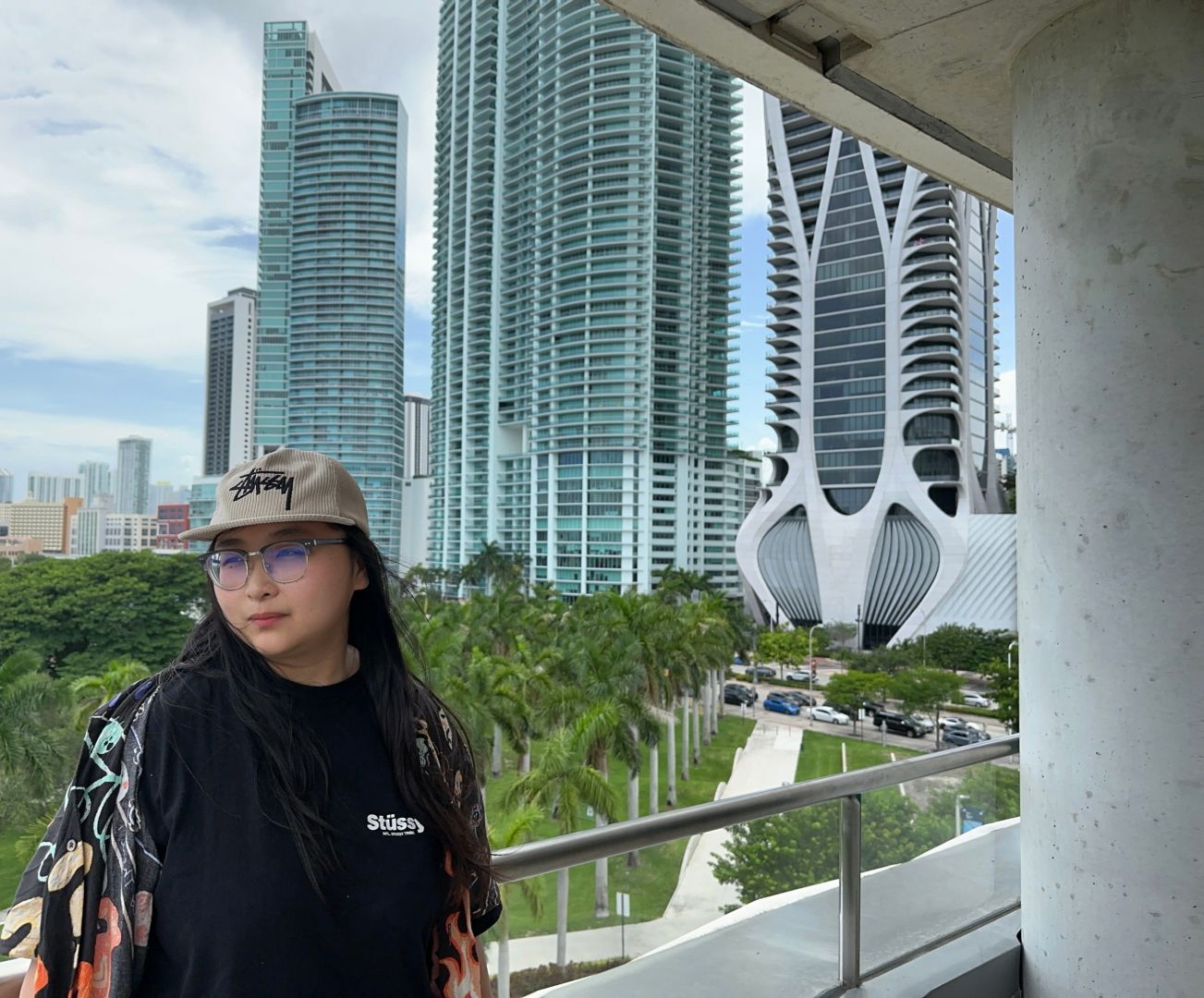
We had the good fortune of connecting with Qiqi Deng and we’ve shared our conversation below.
Hi Qiqi, can you tell us more about your background and the role it’s played in shaping who you are today?
Originally from Jingzhou, Hubei province, China, my journey into filmmaking began in the vibrant cultural tapestry of Arizona before eventually leading me to the diverse landscape of Los Angeles. This path from the traditions of China to the melting pot of America has profoundly shaped my understanding of the world and, by extension, my approach to film editing. The transition between these cultures imbued me with a deep appreciation for the nuances of diverse societies, enriching my narrative lens and enhancing my empathy towards underrepresented stories. This multicultural background has become a cornerstone of my identity as a film editor, enabling me to explore and illuminate the subtleties within marginalized narratives that might otherwise go unnoticed. Through my work, I aspire to bring a level of depth and insight to storytelling that transcends conventional perspectives. My focus is on ensuring that the dignity and integrity of every story are preserved, aiming to contribute to a broader narrative that embraces and celebrates the full spectrum of human experiences.
In essence, my upbringing and cross-cultural experiences have not only molded my personal worldview but have also deeply influenced my professional ethos. They drive me to approach each project with a keen sense of responsibility to represent all walks of life with the respect and attention they deserve, thereby enriching the collective narrative with a more inclusive and empathetic viewpoint.
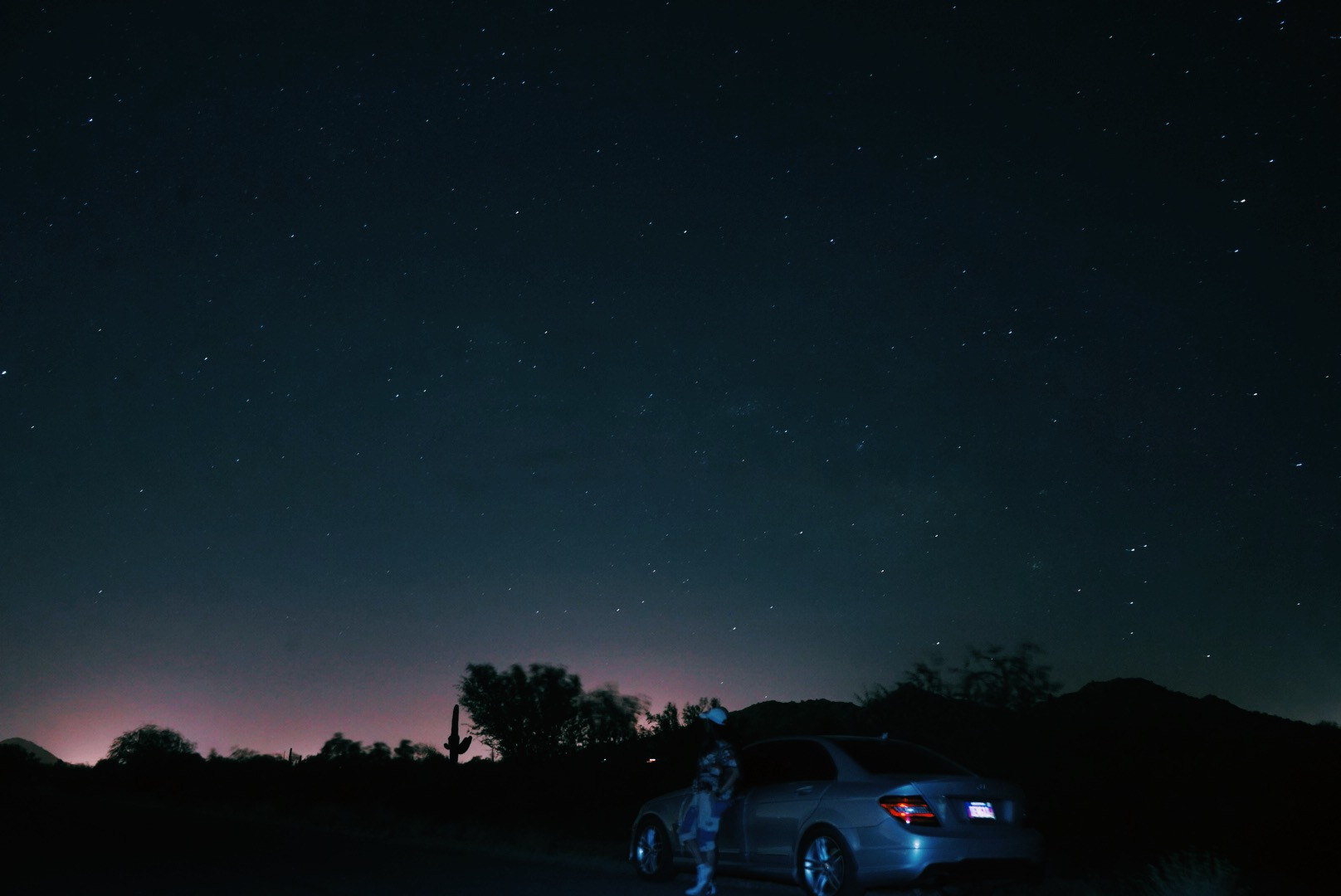
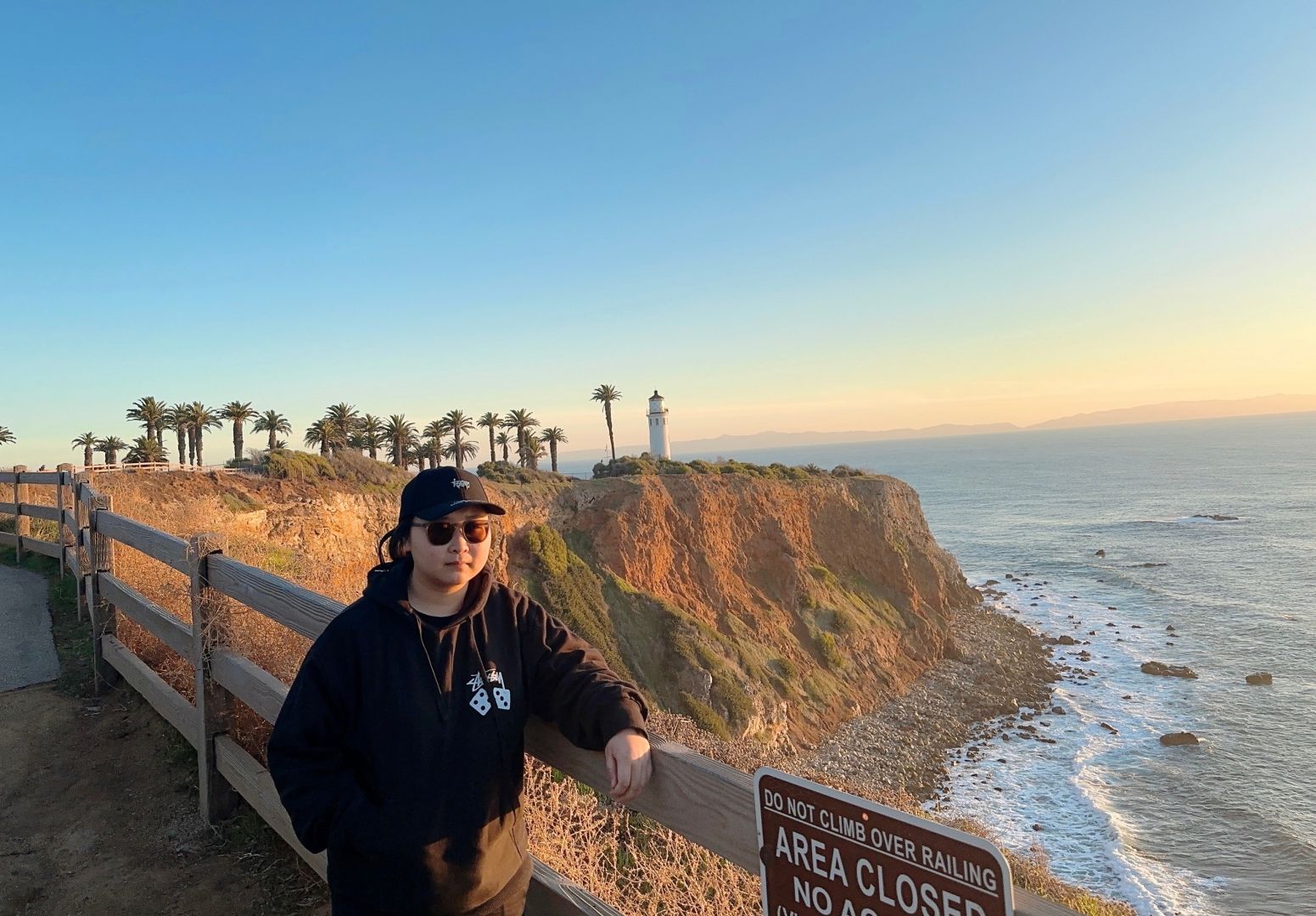
Let’s talk shop? Tell us more about your career, what can you share with our community?
My art is driven by a passion for narrative realism, with a keen focus on the lives of young immigrants and their multifaceted identities. This unique angle sets my work apart, as it’s not just about telling stories, but about delving deep into the complex dynamics of cultural assimilation and identity formation in marginalized groups. I’m particularly proud of and excited about highlighting these nuanced experiences, which often go unnoticed in mainstream narratives.
Reaching this point in my career was a journey filled with challenges, from navigating my own cultural transitions to finding a distinct voice that could authentically convey the stories I was passionate about. Overcoming these obstacles demanded resilience, constant learning, and an unwavering commitment to the authenticity of the narratives I aimed to portray. The most valuable lesson I’ve learned is the importance of empathy in storytelling—understanding and honoring the real-life experiences of the individuals and communities I depict.
I want the world to understand that my work is an invitation to look beyond stereotypes and simplistic narratives about immigrants and their identities. Through my films, I aim to foster a deeper understanding and empathy for the complex experiences of young immigrants, contributing to a more inclusive and nuanced conversation about identity and belonging in our interconnected world.
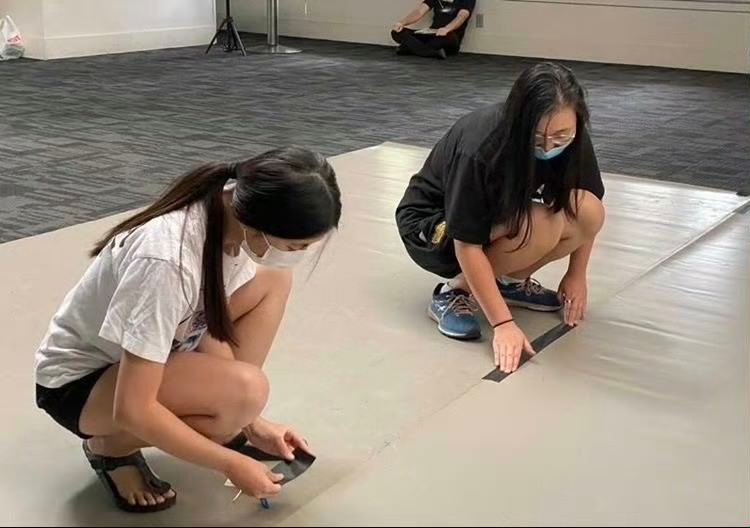
Any places to eat or things to do that you can share with our readers? If they have a friend visiting town, what are some spots they could take them to?
We’d blend tech and film by starting with a tour of Warner Bros. Studio in Burbank, California, where technology meets storytelling, showcasing how editing software and digital effects create movie magic. For lunch, we’d head to Chromatic Coffee Co. in Santa Clara, known for its tech-themed ambiance and discussions on how technology influences cinema.
Afternoons might involve attending a workshop from USC or tech talk at the American Film Institute (AFI) in Los Angeles, where we can delve into topics like virtual reality in movies or AI in editing. It would showcase the overlap between our fields while being immersed in the heart of the film industry.
For relaxation, we’d visit Coin-Op Game Room in San Francisco, an arcade bar featuring classic games and movies inspired by them, providing a perfect blend of our interests while enjoying our time together.
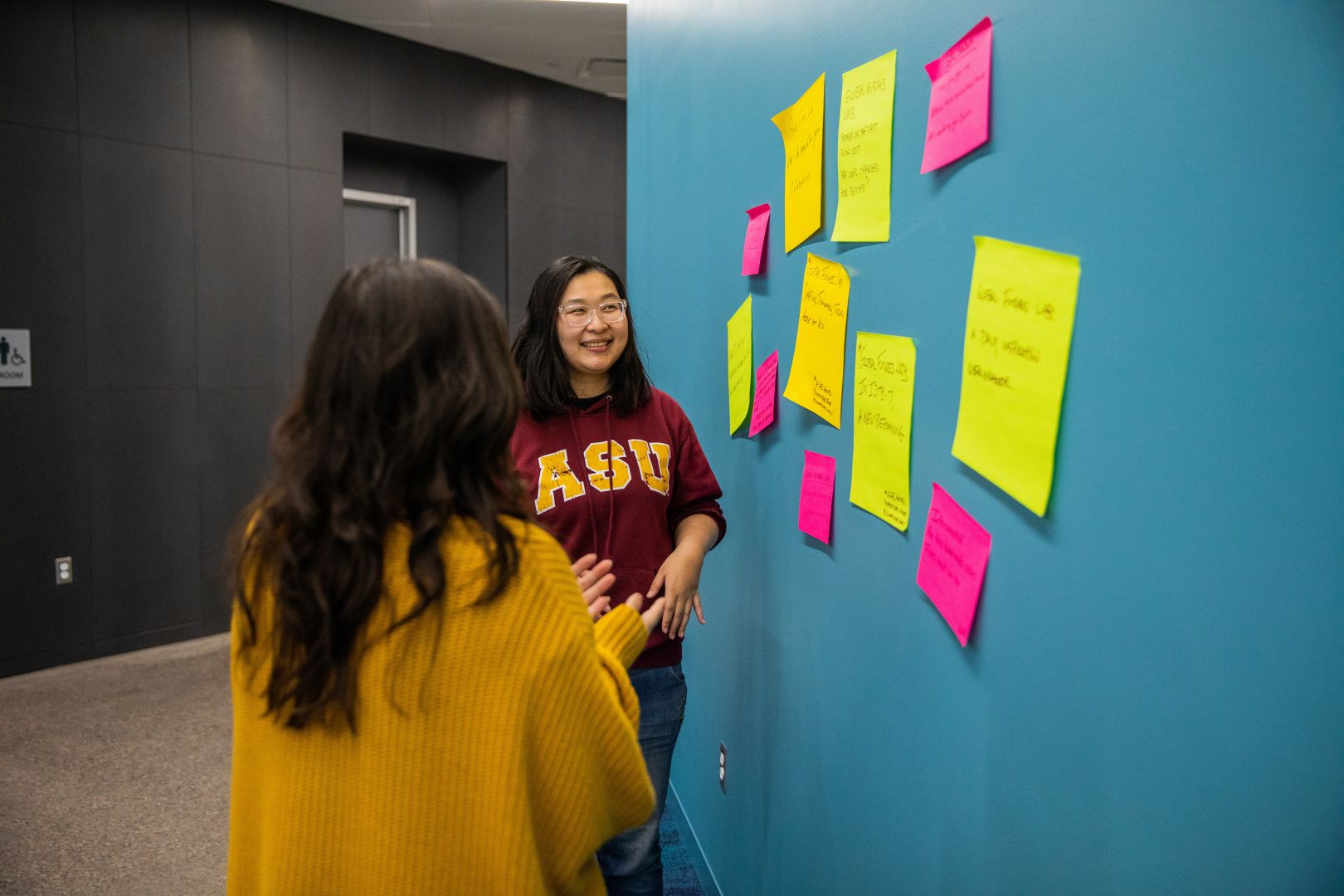
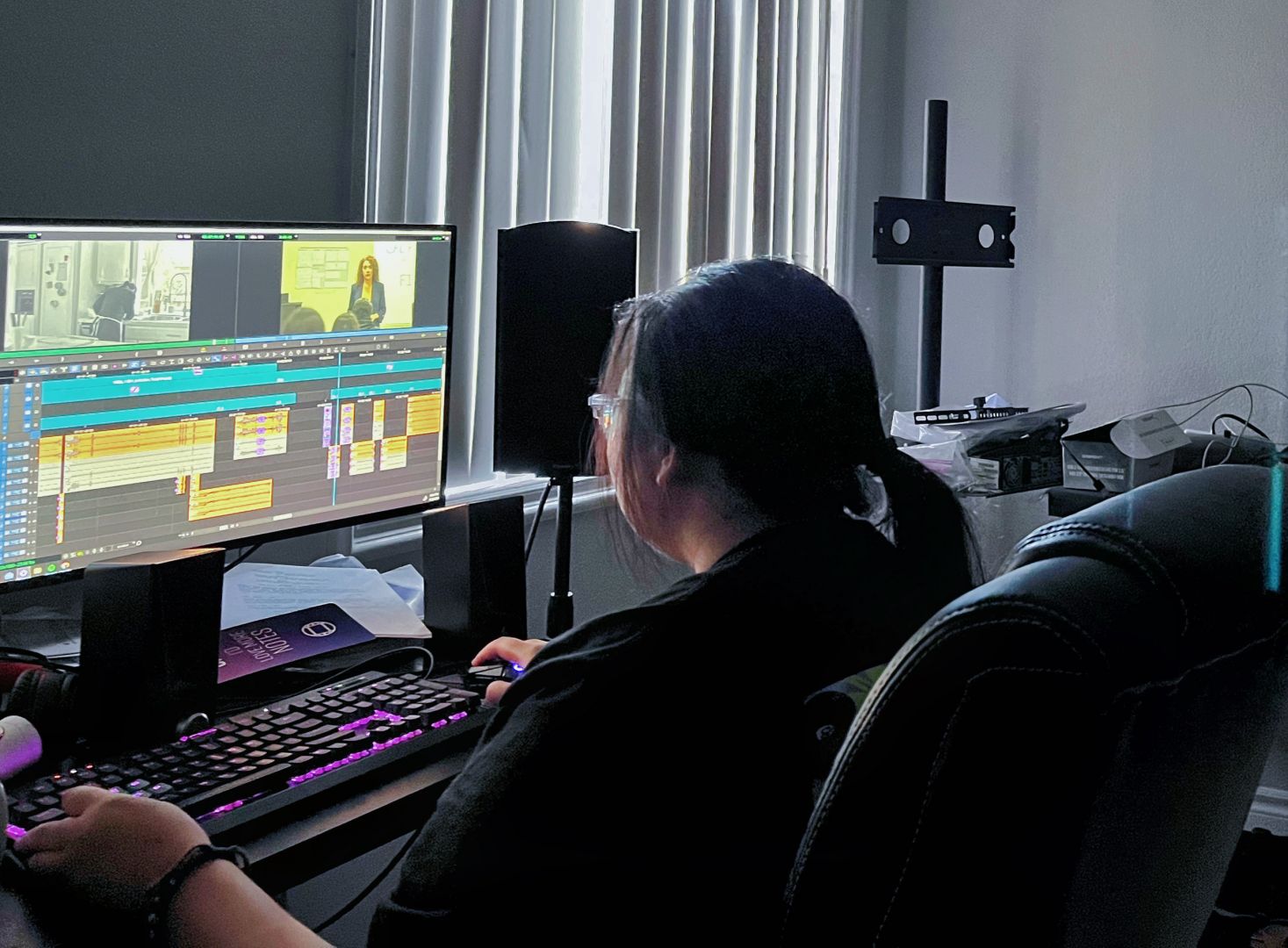
Shoutout is all about shouting out others who you feel deserve additional recognition and exposure. Who would you like to shoutout?
Reflecting on my journey through the realms of filmmaking, two figures stands out as a pivotal force in my development and success except my family: my mentor Joe and my instructor Janaki from my undergraduate school. Their mentorship was not merely instructional; it was transformative. They didn’t just teach me the technicalities of editing or the nuances of the filmmaking process, they also guided me through the artistry of storytelling.
My instructors’ impacts on my career extends beyond the conventional mentor-mentee relationship. They provided me with opportunities that were crucial stepping stones, allowing me to immerse myself fully in the world of filmmaking. Their belief in my potential and their unwavering support paved the way for me to explore, experiment, and ultimately find my own voice in the editing suite.
It’s my instructors to whom I owe a debt of gratitude. Their guidance was instrumental in shaping not only my skills but also my perspective on filmmaking as a craft and an art form. Their influence is a thread that runs through my work, a constant reminder of the importance of mentorship, passion, and the relentless pursuit of excellence in storytelling.
Website: https://www.qiqieditor.com/
Instagram: https://www.instagram.com/superdeng11/
Linkedin: www.linkedin.com/in/qiqi-deng-3434321a5
Image Credits
Ming and Arizona State University
